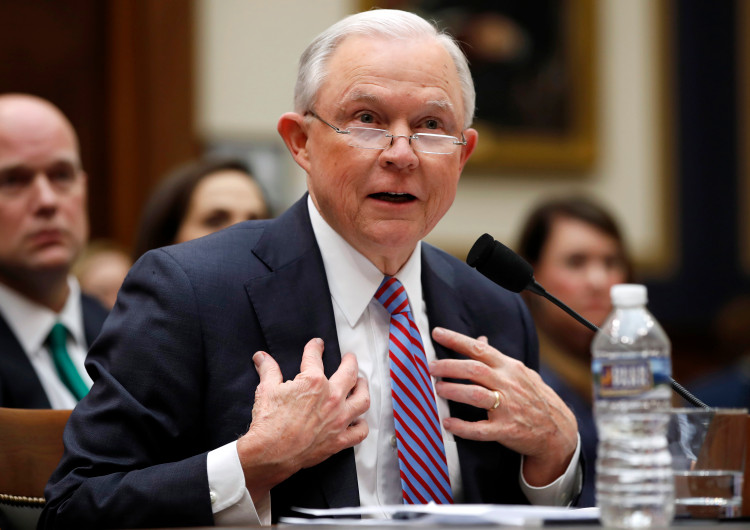As you’ve probably heard by now, United States Attorney General Jeff Sessions rolled back the Obama-era Cole Memo from 2013 yesterday. Covered in the media with a range of reactions, Sessions’ decision while not having a direct and immediate impact on California’s recent legalization will still have a notable trickle-down impact in the weeks and months to come. Our partners at the law firm of Nelson-Hardiman and our own Aaron Lachant have come up with several important factors to be aware of following yesterday’s announcement.
What Exactly Happened Yesterday? (I was busy reading other stuff about Jeff Sessions)
On January 4, 2018, Attorney General Jeff Sessions rescinded Obama-era guidance (including the “Cole Memorandum”) in a letter to all federal prosecutors to ‘re-establish the Rule of Law,’ and encouraged them to use their broad discretion to prosecute cannabis activity throughout the United States.
Why Is Sessions’ Rollback Legal?
The simple answer is that California (and the other 49 states) all entail the United States of America which, of course, has a federal government with federal laws and regulations. Under the federally enforced Controlled Substances Act of 1970 marijuana is still a controlled substance. Since federal laws TRUMP (sorry) state laws, cannabis is still technically illegal on the federal level.
Where it is going to get interesting from a political and practical standpoint is with the debate surrounding the issue of “states’ rights” and an overreaching federal government. If that rhetorical code word is making you cringe slightly it’s okay. The irony of the current administration ascending to power on votes from many corners of the country all too happy to yell about the “gunnerment not taking my guns” and same-sex marriages only to now morph into an overreaching boogie man is delicious indeed. But there’s a practical and very valid aspect to this as well. California’s lieutenant governor, Gavin Newsom (D) and Colorado’s, Cory Gardner (R) have notably been very vocal about this decision by Jeff Sessions. With 2018 being a mid-term election year, Republicans in states that have legalized cannabis cannot be thrilled about their prospects following this move by the Trump Administration.
What’s Next?
In the short term, we do not expect any widespread emergence of new federal prosecutions, as there is a natural pause between a major policy shift like this and adoption and execution of the new policy. Certainly, Congress may choose to act to negate today’s actions by decriminalizing marijuana under federal law, or partially decriminalizing medical use of marijuana. Congress would also have to fund new prosecutions under future federal budget enactments. Congress may elect to do nothing.
But there could be DEA raids and prosecutions on a limited basis of high profile targets, possible as part of a preexisting plan to ‘send a message’ to the cannabis industry. This is speculation, since all we really know is that, as of today, there is no assurance that a significant law enforcement push will not be made in the short term. Our own Aaron Lachant explains in great detail on a must-listen interview with Voice Of America on what states and cannabis businesses should be concerned about. In particular, a cooling effect could certainly happen if consumers get cold feet about shopping in dispensaries.
In the longer term, we would expect, if nothing changes, that each US Attorney’s Office will evaluate the priority of criminally prosecuting marijuana businesses. The amount of activity is likely to vary from jurisdiction to jurisdiction as each US Attorney would employ slightly different prosecutorial discretion. This means we need to be paying closer attention at the local federal US Attorney office level.
What can we expect with prosecutorial discretion?
All prosecutors have some ability to pick and choose what crimes to enforce, and this is called prosecutorial discretion. Like all prosecutors, US Attorneys throughout the country are charged with prosecuting criminal acts. Criminal acts are all defined in the US Code, but there are not enough resources to prosecute every case that a US Attorney may think is a crime. For instance, an elderly cancer patient growing and using marijuana in their home is not likely to be a target of prosecution regardless of federal enforcement policy, since there is no social benefit or policy benefit to strictly enforcing the Controlled Substances Act against them, even though what they are doing is, strictly speaking, a federal crime.
As always, if you have questions about laws or regulations and what it means for your “cannabusiness” feel welcome to contact MMLG.

